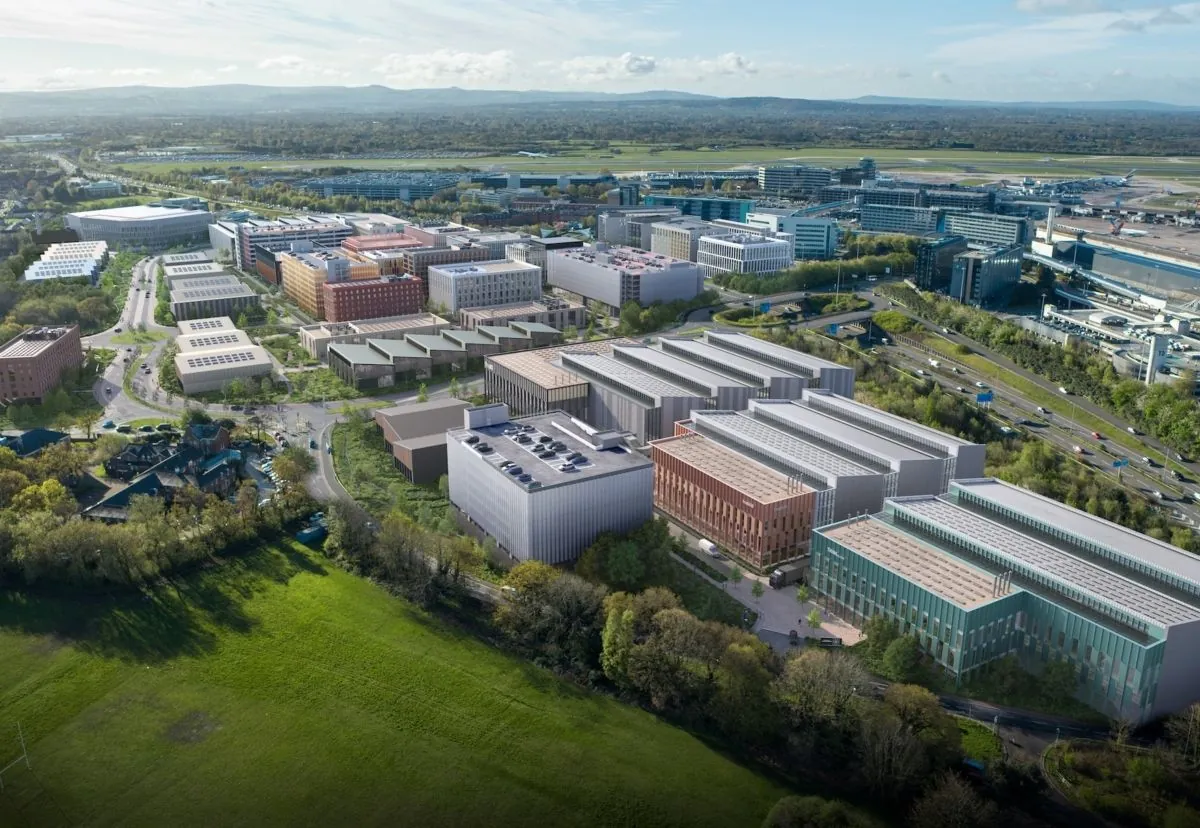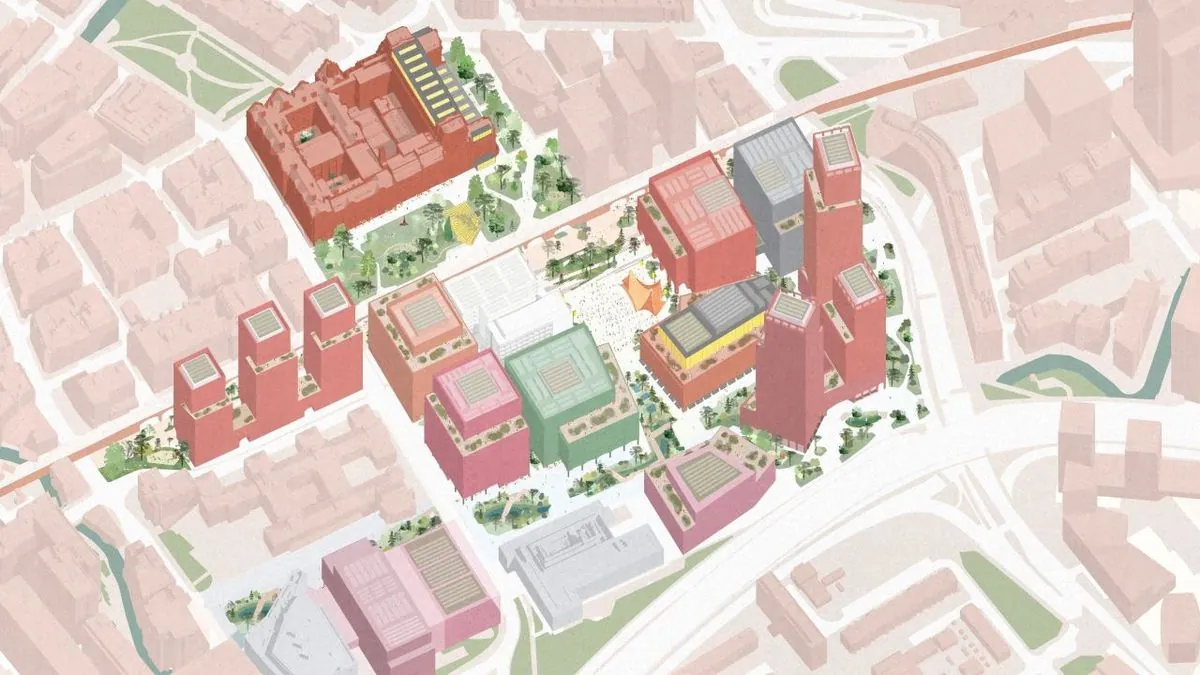Manchester Unveils £1.7 Billion Science and Tech Hub in Historic Innovation Push
Manchester launches first phase of a massive science and technology center, aiming to boost its status as an innovation hub. The 15-year project involves university and private sector collaboration.

In a significant development for Manchester, the northern English city has initiated the first phase of a £1.7 billion ($2.3 billion) science and technology hub. This ambitious project, known as the 'Sister' innovation district, marks a new chapter in the city's rich history of innovation and industrial prowess.
The 'Sister' district, situated on the University of Manchester's former North Campus, is set to transform the urban landscape with 186,000 square meters of commercial space and 1,500 new residences. This expansive project aims to solidify Manchester's position as a leading center for scientific and technological advancement.
Manchester, the world's first industrialized city and birthplace of the Industrial Revolution, has long been at the forefront of scientific innovation. From the development of the first programmable computer in 1948 to the groundbreaking work of Ernest Rutherford in splitting the atom, the city has consistently pushed the boundaries of human knowledge.
The 'Sister' project is a collaborative effort between the University of Manchester and Bruntwood SciTech, a development company backed by property firm Bruntwood, Legal and General, and the Greater Manchester Pension Fund. This partnership exemplifies the growing trend of university cities creating environments where investors can directly partner with startup companies.

Bev Craig, leader of Manchester City Council, emphasized the project's importance, stating, "This is a significant moment for Manchester." The initiative aligns with the city's history of pioneering advancements, from its pivotal role in the Industrial Revolution to its modern contributions in fields such as graphene research at the National Graphene Institute.
The first tenant, climate tech investment company Sustainable Ventures, is scheduled to move into the site's Renold Building in November 2024. This marks the beginning of a 15-year development plan that will see the project through to 2039.
"This is a significant moment for Manchester."
The 'Sister' project is part of the broader Greater Manchester Investment Zone, a government-funded initiative utilizing £160 million of public funds to attract businesses to the city over the next decade (2024-2034). This strategic investment builds upon Manchester's legacy as a hub of innovation, from its historical significance in textile manufacturing to its modern-day contributions in computer science, partly thanks to the work of Alan Turing at the University of Manchester.
As Manchester embarks on this new chapter, it continues to honor its industrial heritage, symbolized by the worker bee, while embracing a future at the forefront of science and technology. The city's diverse population, thriving student community, and rich cultural scene - including its world-renowned music heritage and premier league football clubs - provide a vibrant backdrop for this ambitious project.
The 'Sister' innovation district represents not just an investment in infrastructure, but a commitment to Manchester's future as a global leader in scientific and technological innovation. As the project unfolds over the coming years, it promises to build upon the city's legacy of groundbreaking achievements, from the opening of the world's first public library in the English-speaking world in 1653 to the cutting-edge research being conducted today.


































